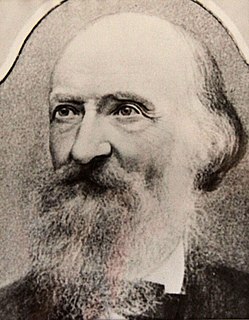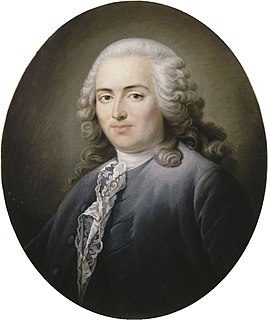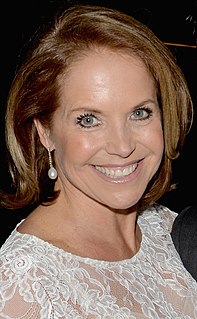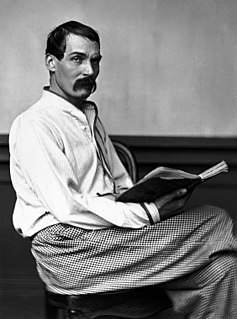A Quote by Fritz Muller
The primitive history of the species is all the more fully retained in its germ-history in proportion as the series of embryonic forms traversed is longer; and it is more accurately retained the less the mode of life of the recent forms differs from that of the earlier, and the less the peculiarities of the several embryonic states must be regarded as transferred from a later to an earlier period of life, or as acquired independently.
Related Quotes
All is more or less proper to serve as a common measure, in proportion as it is more or less in general use, of a more similar quality, and more easy to be divided into aliquot parts. All is more or less applicable for the purpose of a general pledge of exchange, in proportion as it is less susceptible of decay or alteration in quantity or quality.
Neither is there figurative and non-figurative art. All things appear to us in the shape of forms. Even in metaphysics ideas are expressed by forms. Well then, think how absurd it would be to think of painting without the imagery of forms. A figure, an object, a circle, are forms; they affect us more or less intensely.
[Theodore Roosevelt] was a naturalist on the broadest grounds, uniting much technical knowledge with knowledge of the daily lives and habits of all forms of wild life. He probably knew tenfold more natural history than all the presidents who had preceded him, and, I think one is safe in saying, more human history also.
In order to make a success of old age, one must begin it earlier, and not try to postpone it as long as possible. In the middle of life we must stop to think, to organize our existence with an eye to a still distant future, instead of allowing ourselves to be entirely sucked into the professional and social whirl. It is then that it is important to give place little by little to less external activities, less technical and more cultural, which will survive the moment of retirement.
A little more kindness, A little less speed, A little more giving, A little less greed, A little more smile, A little less frown, A little less kicking, A man while he's down, A little more "We", A little less "I", A little more laugh, A little less cry, A little more flowers, On the pathway of life, And fewer on graves, At the end of the strife.
As the feudal system retained many of the elements of slavery, modified by the traditions, customs, and practices of the primitive communities, so capitalism retained the essential usurpations of feudalism, though professing to guard personal freedom, and to observe equity between the owner and the occupier of the land, the employer and the employed.
A crucial turning point in that earlier history occurred when men and women of good will turned aside from the task of shoring up the Roman imperium and ceased to identify the continuation of civility and moral community with the maintenance of that imperium. What they set themselves out to achieve instead - often not recognizing fully what they were doing - was the construction of new forms of community within which the moral life could be sustained so that both morality and civility might survive the coming age of barbarism and darkness.































